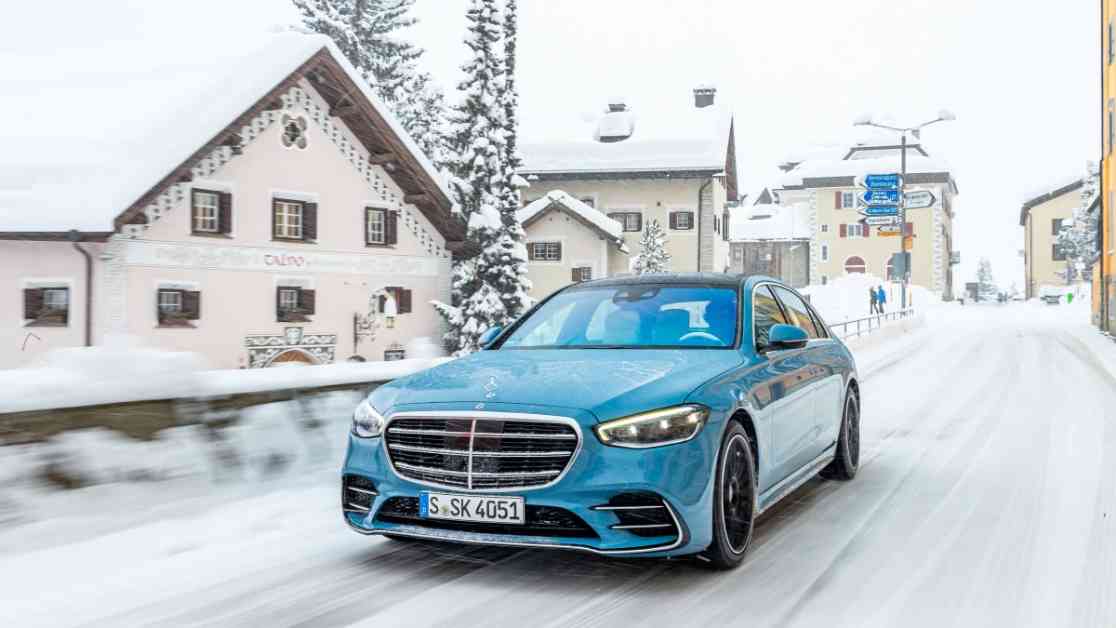European car manufacturers are bracing themselves for potential retaliation from China following the European Commission’s decision to impose additional duties on imported China-made electric cars. This move, set to take effect in July, could have significant implications for companies like Mercedes, VW, Porsche, Volvo, Stellantis, Ferrari, and Renault.
German carmakers, in particular, are expected to bear the brunt of any counter moves by China, as nearly a third of their sales come from the Chinese market. Mercedes-Benz, for instance, relies on China for a third of its unit sales, with a significant portion of its cars being imported from Germany. The imposition of retaliatory tariffs on German-made cars could significantly impact the company’s profits unless offset by higher prices.
BMW, on the other hand, generates nearly a third of its unit sales in China but only 13% of those come from imported cars. The company has a significant presence in China through joint ventures with local automakers, producing vehicles for both the Chinese market and export. Volkswagen, the leading foreign carmaker in China, aims to increase its market share in the country to 15% by 2030 and reduce costs to compete more effectively with Chinese competitors.
Porsche, Volvo, Stellantis, Ferrari, and Renault also have varying degrees of exposure to the Chinese market. Porsche, for example, relies on China for 21% of its sales, all of which are imported vehicles. However, the premium sector has pricing power that could allow them to pass on tariffs to consumers. Volvo, majority-owned by China’s Geely, generates a quarter of its unit sales in China but only around 10% of its profit.
Stellantis, the Franco-Italian group, has relatively low exposure to China but has made recent investments in the country to expand its presence. Ferrari, like other luxury carmakers, imports all its vehicles to China, with the country accounting for just 9% of its total sales. Renault has the smallest exposure to China among the European car manufacturers, operating through joint ventures with local partners.
In response to the EU tariffs, some companies have started to shift production or make new investments. Volvo, for instance, has begun moving some EV production to Belgium in anticipation of the tariff decision. BMW and Volkswagen have pledged over $5 billion to expand research and production in China, aiming to strengthen their positions in the market.
Overall, the European car manufacturers are closely monitoring the situation and preparing for potential challenges in the Chinese market. The impact of the EU tariffs and any retaliatory measures from China could have far-reaching consequences for these companies, underscoring the interconnected nature of the global automotive industry.









